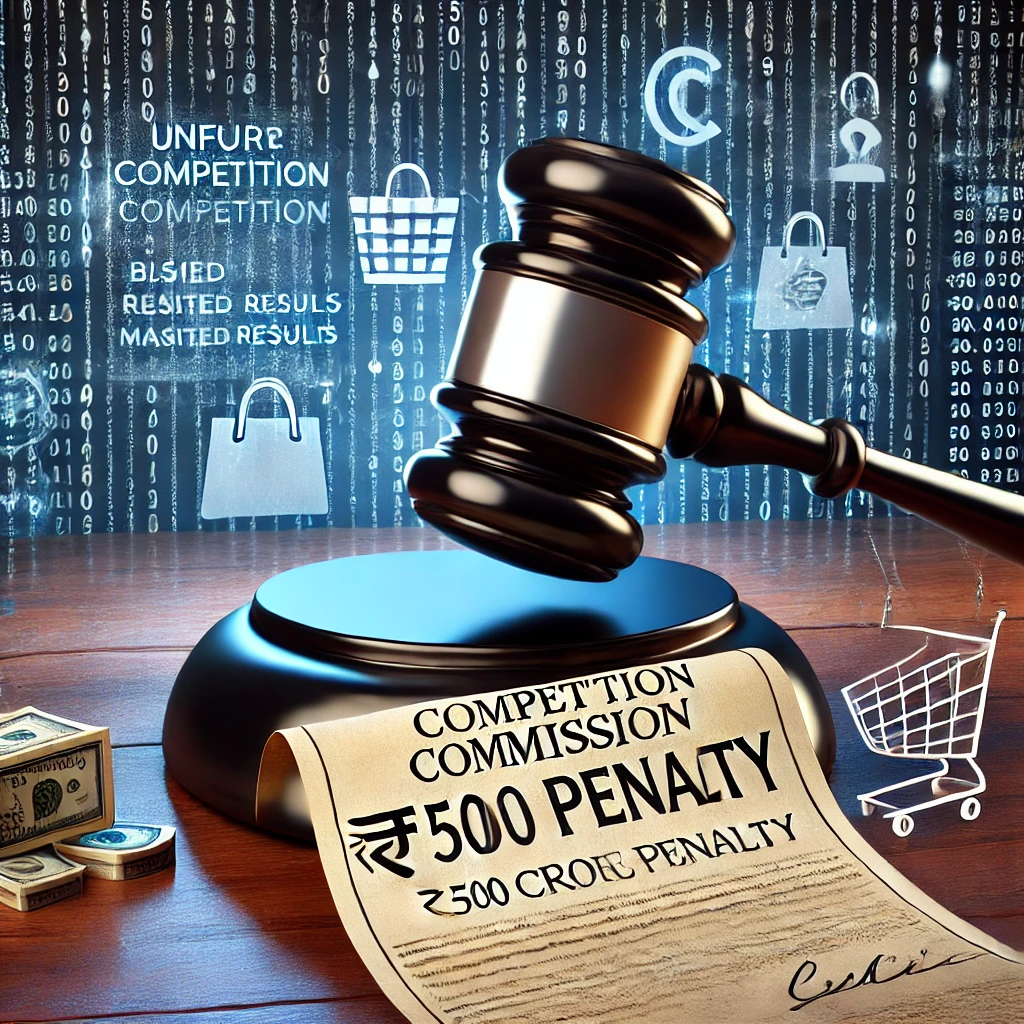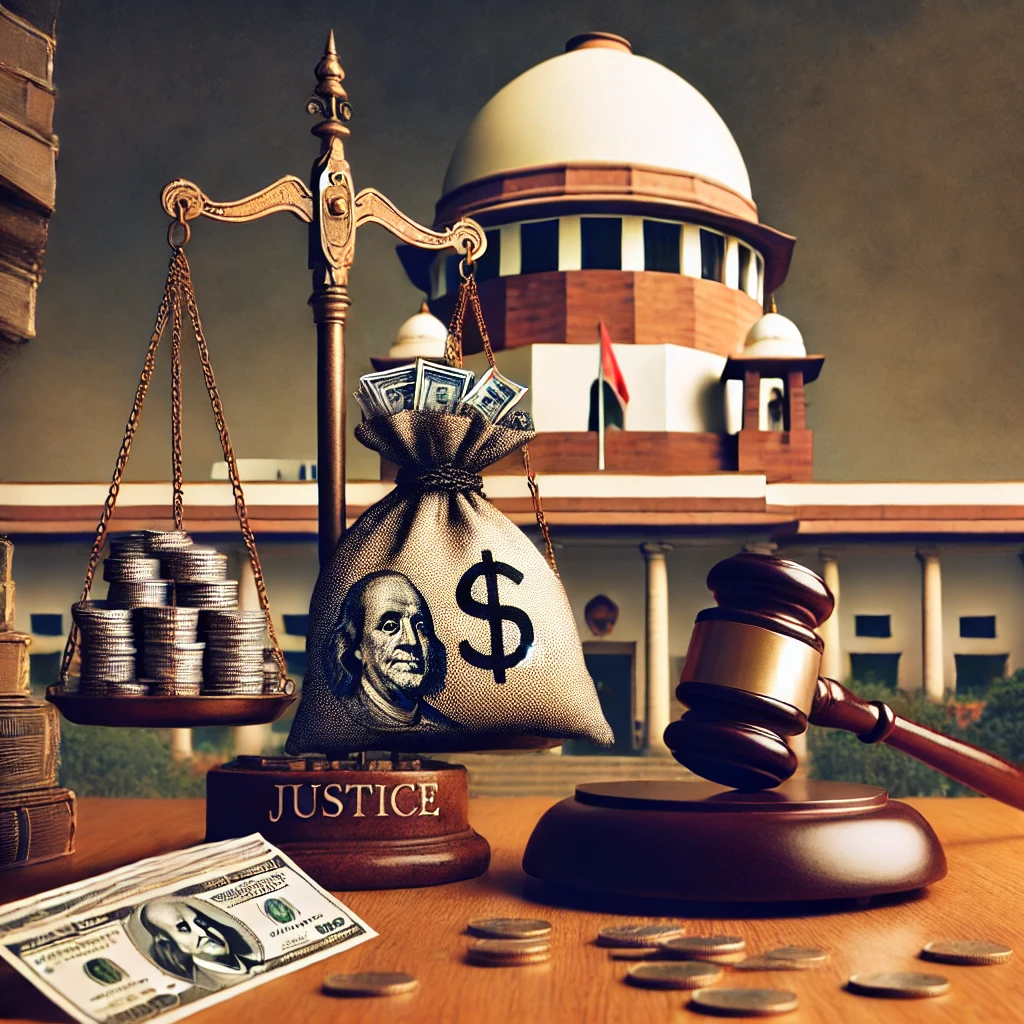Business Law in Saint Pierre and Miquelon (France)
Business Law in Saint Pierre and Miquelon (France) operates under the legal framework of France with some specific adaptations due to its status as a French overseas territorial collectivity. Saint Pierre and Miquelon, located near Canada, maintains its legal connection to France, but with some differences, particularly in tax and economic regulations.
Here is an overview of business law in Saint Pierre and Miquelon:
1. Legal Framework
- French Legal System: Saint Pierre and Miquelon follows the French legal system, which is based on civil law principles. The local legal environment is essentially an extension of the laws of France, and businesses must comply with French commercial, civil, and tax laws, unless there are local exceptions.
- Special Status: As a French overseas collectivity, Saint Pierre and Miquelon has some degree of autonomy, especially concerning local administrative matters. However, national laws concerning business operations, including the French Commercial Code and the French Civil Code, apply to the territory.
- European Union: Saint Pierre and Miquelon is not part of the European Union (EU) customs territory. However, it is considered a part of France for foreign trade and customs purposes, which means certain tax benefits are similar to those found in mainland France.
2. Business Entities
There are several business structures available in Saint Pierre and Miquelon, similar to those in mainland France:
- Sole Proprietorship: A business owned and operated by one individual, who assumes full personal liability for business debts and obligations. This is the simplest business structure.
- Partnership (Société en Nom Collectif - SNC): In this partnership, all partners share personal liability for the business’s debts. This form of business is suitable for closely-knit partnerships.
- Limited Liability Company (Société à Responsabilité Limitée - SARL): This structure is popular for small and medium-sized businesses. It offers limited liability protection, meaning that shareholders' liabilities are restricted to their investment in the company.
- Minimum Capital: No minimum capital is required for an SARL, but it should be sufficient to carry out the business's planned activities.
- Public Limited Company (Société Anonyme - SA): This structure is for larger businesses or those planning to raise capital from the public. It has a higher level of regulation and requires a minimum capital of €37,000.
- Société par Actions Simplifiée (SAS): This simplified joint-stock company structure allows for a flexible management structure. It is often used for startups and medium-sized businesses.
- Minimum Capital: No minimum capital is required for an SAS, providing flexibility in starting a business.
- International Business Companies (IBCs): Businesses seeking to establish an offshore presence may opt for an International Business Company. These entities can be subject to special local tax advantages, especially in areas such as finance or trade.
3. Business Registration and Licensing
Starting a business in Saint Pierre and Miquelon requires several steps, including registration and obtaining the necessary permits:
- Company Registration: Businesses must be registered with the Centre de Formalités des Entreprises (CFE). This office acts as a one-stop location for registering businesses with the necessary authorities, including tax and social security agencies.
- Trade License: Depending on the type of business, a trade license may be required. This can be obtained through the local municipal authorities or relevant ministries.
- Social Security Registration: Businesses with employees must register with the French social security system (URSSAF). This ensures compliance with French labor laws regarding pensions, health insurance, and unemployment benefits.
- VAT Registration: While Saint Pierre and Miquelon is not part of the EU VAT area, businesses that sell goods or services are still subject to local VAT laws and must be registered for VAT if their turnover exceeds a certain threshold.
4. Foreign Investment and Ownership
- Foreign Ownership: Foreign investors can fully own businesses in Saint Pierre and Miquelon without any special restrictions. The same rules that apply to mainland France apply here.
- Investment Incentives: While there are no specific investment incentives unique to Saint Pierre and Miquelon, businesses may benefit from various French tax exemptions, especially in sectors like renewable energy, technology, or tourism, which are of interest to the French government.
- Economic Development Programs: The local government may offer support or incentives for businesses that contribute to the economic development of the territory, including subsidies or grants for specific industries.
5. Taxation
The tax regime in Saint Pierre and Miquelon is aligned with French tax laws but with some local differences:
- Corporate Income Tax: The corporate tax rate is 33.33%, similar to mainland France. However, tax incentives and exemptions may apply in specific sectors or to businesses investing in local infrastructure or development projects.
- Value Added Tax (VAT): Saint Pierre and Miquelon is not part of the European VAT zone, so it has its own VAT system. The VAT rate is 8.5%, which is lower than the French mainland rate of 20%. However, certain goods or services may be exempt from VAT.
- Personal Income Tax: Personal income tax in Saint Pierre and Miquelon follows the same system as in France, with progressive tax rates ranging from 0% to 45% based on income levels. This system applies to both local and foreign residents.
- Social Contributions: Employers and employees contribute to the French social security system. Employers are responsible for social security contributions for their employees, which includes pension, health, and unemployment insurance.
- Other Taxes: In addition to income and VAT taxes, businesses may be subject to property taxes, business taxes, and taxes on specific sectors depending on the nature of their operations.
6. Labor and Employment Law
Employment law in Saint Pierre and Miquelon is largely aligned with French labor laws, with some local modifications:
- Employment Contracts: Businesses must provide written employment contracts for employees, outlining their terms and conditions of employment, including salary, job description, and working hours.
- Working Hours: The standard working hours are 35 hours per week. Overtime pay is required for work performed beyond this limit.
- Minimum Wage: The French minimum wage (SMIC) applies in Saint Pierre and Miquelon. As of 2025, the minimum wage is €11.52 per hour.
- Paid Leave: Employees are entitled to paid vacation (typically five weeks per year) and public holidays, in line with French labor law. Maternity and paternity leave are also provided under the same framework.
- Social Security: Both employers and employees must contribute to the French social security system, which provides health insurance, pensions, and unemployment benefits.
- Trade Unions and Collective Bargaining: Employees in Saint Pierre and Miquelon are entitled to join trade unions and participate in collective bargaining to improve working conditions and wages.
7. Intellectual Property (IP)
Saint Pierre and Miquelon follows the French intellectual property laws, which are aligned with international standards:
- Trademarks: Trademarks can be registered with the INPI (Institut National de la Propriété Industrielle), which governs intellectual property rights in France.
- Patents: The French Patent Office grants patents for new inventions. Patents provide exclusive rights to the inventor for a set period, typically 20 years.
- Copyright: Copyright protection in Saint Pierre and Miquelon is automatic for original works of authorship, including books, music, films, and software. The protection lasts for the life of the author plus 50 years.
- Designs and Models: Businesses can also protect their industrial designs and models through registration with the INPI.
8. Competition and Consumer Protection
- Competition Law: Saint Pierre and Miquelon adheres to French competition laws and regulations that aim to promote fair competition and prevent anticompetitive practices such as price-fixing, cartels, and abuse of market power.
- Consumer Protection: Consumer protection laws are designed to ensure that consumers are treated fairly. This includes protection against misleading advertising, substandard products, and unsafe goods. Consumers have the right to request refunds or replacements for faulty goods.
- Consumer Rights: Businesses must provide clear terms and conditions for their products and services, and consumers can file complaints with the local consumer protection agency if their rights are violated.
9. Environmental Regulations
Saint Pierre and Miquelon follows French environmental regulations, and businesses are required to adhere to sustainable practices:
- Environmental Impact Assessments (EIA): Businesses planning projects that may have a significant impact on the environment, such as construction or large-scale industrial activities, may be required to conduct an EIA.
- Waste Management: Businesses are encouraged to adopt environmentally friendly practices, including reducing waste and recycling materials. There are also regulations on the disposal of hazardous materials.
- Sustainable Development: There are policies in place to ensure that business activities contribute to sustainable development and do not harm the local ecosystem, particularly in industries like construction, tourism, and fishing.
10. Dispute Resolution
- Court System: Disputes in Saint Pierre and Miquelon are generally handled by the local commercial courts or civil courts. The Court of Appeal of Bordeaux has appellate jurisdiction over business cases from Saint Pierre and Miquelon.
- Arbitration and Mediation: Businesses are encouraged to use alternative dispute resolution (ADR) methods, such as arbitration and mediation, to resolve conflicts more quickly and cost-effectively.
Conclusion
Business law in Saint Pierre and Miquelon is based on French law, with certain modifications to accommodate its status as a French overseas collectivity. The legal environment provides businesses with a range of flexible structures, including SARLs, SASs, and IBCs, with competitive tax incentives and a relatively low VAT rate. Businesses benefit from France's intellectual property protections, competition laws, and consumer rights regulations.
Saint Pierre and Miquelon offers a stable and predictable legal environment for entrepreneurs, with attractive business opportunities in sectors such as tourism, fishing, renewable energy, and real estate. However, businesses should be mindful of the local regulations, including labor laws, tax
requirements, and environmental regulations.




























0 comments